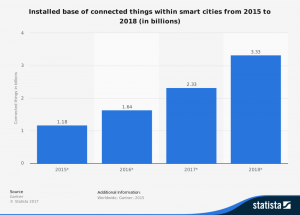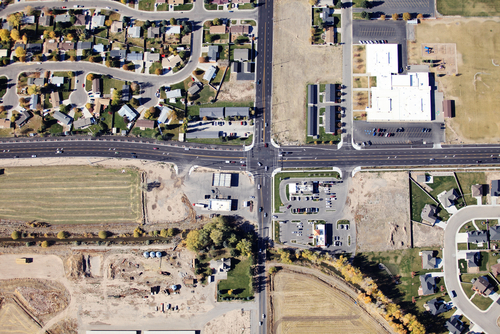


Between here and there… The transnational ties of immigrants and of their descendants
12 September 2017
Nationalist diasporas? The Jewish American diaspora and long-distance nationalism
22 September 2017![Creative and Smart City. By Maurizio.Carta (Own work) [CC BY 3.0 (http://creativecommons.org/licenses/by/3.0)], via Wikimedia Commons Creative and Smart City. By Maurizio.Carta (Own work) [CC BY 3.0 (http://creativecommons.org/licenses/by/3.0)], via Wikimedia Commons](https://www.sciencespo.fr/research/cogito/wp-content/uploads/2017/09/Creative_and_Smart_City-295x300.jpg)
On 27 March 2017, Sciences Po’s Urban School and the Center for European Studies established a new research and teaching chair called “Cities and Digital Technology”. Devoted to the transformation of cities in relation to the digital revolution, this chair aims to develop teaching and research on these issues by associating businesses with Sciences Po’s urban school.
The “Cities and Digital Technology” Chair is headed by Patrick Le Galès and Brigitte Fouilland, who are respectively the dean and executive director of the Urban School. Antoine Courmont, a recent Sciences Po PhD graduate in political science, is the chair’s research manager.
The partners
Four sponsors have committed to a three-year partnership to support this chair: Cisco, La Poste, RTE, and La Caisse des Dépôts. These partners seek to develop research on the effects of digital technology on urban governance to enrich their knowledge and reflection on the rapid and unclear transformations in which they are both actors and witnesses.
New research fields
 The “Cities and Digital Technology” Chair aims to create new research fields exploring the interaction between digital technology and territorial governance in a comparative perspective – specifically between Paris and Lyon – by developing two lines of inquiry:
The “Cities and Digital Technology” Chair aims to create new research fields exploring the interaction between digital technology and territorial governance in a comparative perspective – specifically between Paris and Lyon – by developing two lines of inquiry:
The chair’s first area of research tackles a crucial but often unexplored question: the relationships between the digital economy and the territories: how does digital technology affect cities? Conversely, how does the city affect digital technology? These two points lead to an analysis of the relationships between digital technology and cities to address fundamental issues like the evolution in urban form in the digital city era, spatial and social inequalities that digital technology can create, the relationships between urban and rural territories and the reconfiguration of territorial boundaries.

In parallel, the chair’s second area of research analyzes urban data policies. The idea is to explore how the increasing use of data affects urban policies and to identify change in the ways actors coordinate by means of data. Another goal is to understand how new actors have emerged in urban governance thanks to their capacity to gather, process and analyze data, and finally to examine strategies governing the flow of data and their impacts on organizations.
Contribution to courses
 In connection with this research program, the chair also aims to develop courses on digital technology topics within the various Urban School programs. Digital technology is one of the Urban School’s priority areas of development for the coming years. Beginning in the next school year, courses on the digital city will be offered through the Territorial and Urban Strategies (STU) masters program and the urbanism cycle to shed light on the sociopolitical challenges of digital technology and its effects on public policies and territorial governance. Moreover, since its creation the Urban School has offered students collective projects on these issues. A growing number of students are pursuing internships and job opportunities in this sector.
In connection with this research program, the chair also aims to develop courses on digital technology topics within the various Urban School programs. Digital technology is one of the Urban School’s priority areas of development for the coming years. Beginning in the next school year, courses on the digital city will be offered through the Territorial and Urban Strategies (STU) masters program and the urbanism cycle to shed light on the sociopolitical challenges of digital technology and its effects on public policies and territorial governance. Moreover, since its creation the Urban School has offered students collective projects on these issues. A growing number of students are pursuing internships and job opportunities in this sector.




